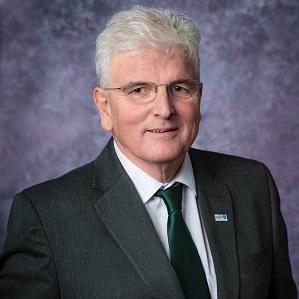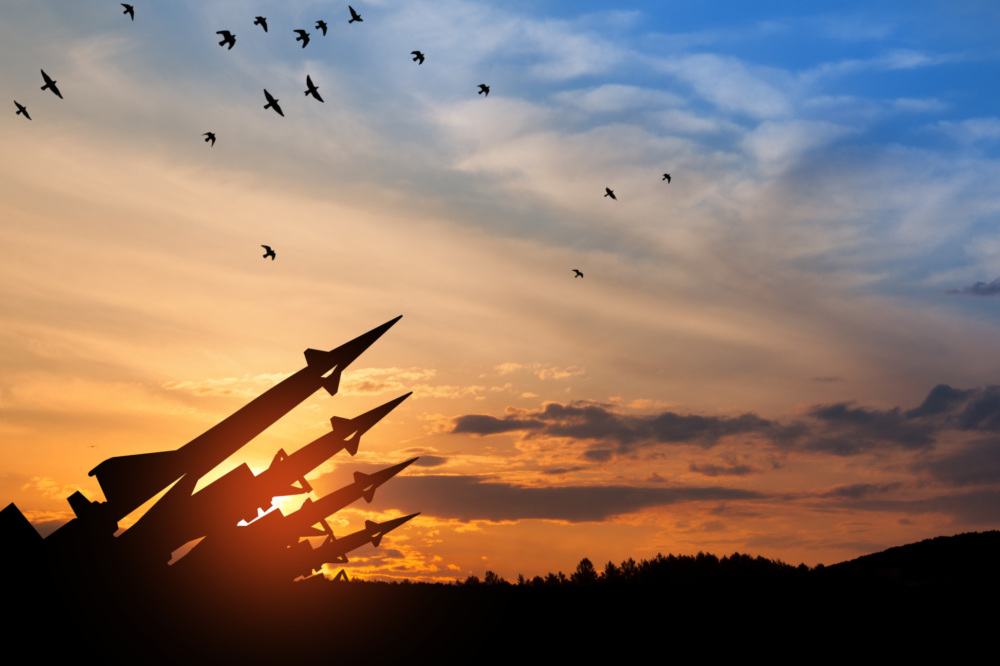Lord Browne of Ladyton (Des Browne) is a British Labour Party politician who was the Member of Parliament for Kilmarnock and Loudoun from 1997 to 2010.
As a back-bencher, he served on the Northern Ireland Affairs and Public Administration Select Committees. In 1998, he became the Parliamentary Private Secretary (PPS) to Donald Dewar, Secretary of State for Scotland. In 2000, he became PPS to Adam Ingram, Minister of State for Northern Ireland. Subsequently, he served on the first Joint Committee on Human Rights.
In 2001, he was appointed Parliamentary Under-Secretary of State for Northern Ireland. In 2003, Browne was promoted to Minister of State for Work at the Department for Work & Pensions and in 2004, he was appointed Minister for Immigration & Citizenship in the Home Office. Re-elected in 2005, he joined the Cabinet as Chief Secretary to the Treasury and was appointed to the Privy Council.
In 2006, he was appointed Secretary of State for Defence, and from 2007 to 2008, he combined this role with the role of Secretary of State for Scotland. In October 2008, he returned to the back-benches and was appointed Prime Minister Gordon Brown’s Special Envoy to Sri Lanka. He also served on the first Joint Committee on the National Security Strategy.
From October 2009 until March 2014, he was Convenor of the Top Level Group of Parliamentarians for Multi-Lateral Nuclear Disarmament and Non-proliferation. He co-founded the European Leadership Network and has been the Chair of its Board of Trustees and Directors since its inception. In July 2010, he was introduced to the House of Lords.
Since 2014, Lord Browne has served as NTI's Vice Chair. In this role, he helps shape NTI’s strategic direction, including long-term planning and international outreach.



